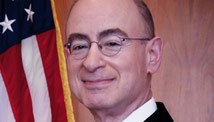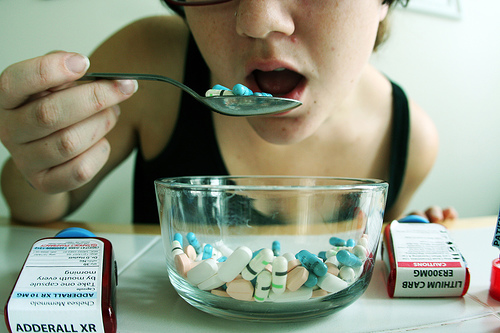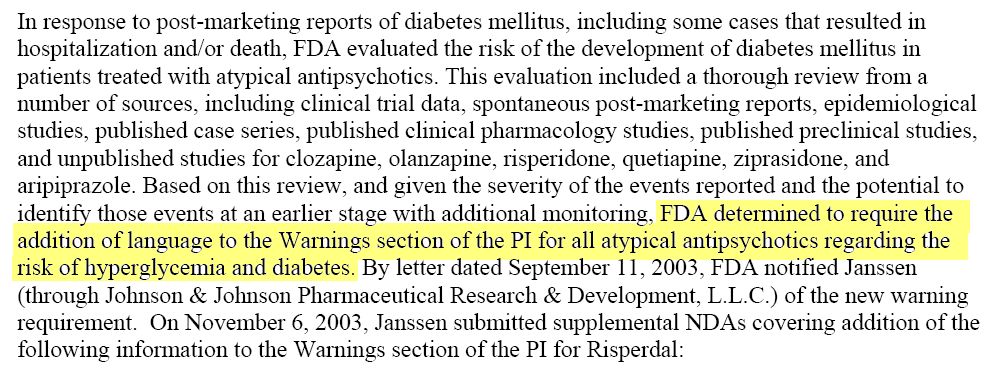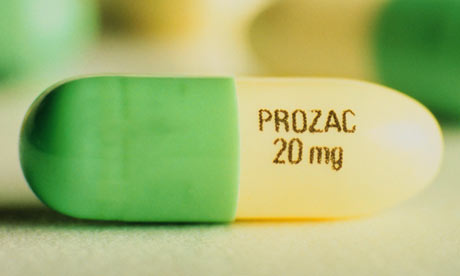
Cause for alarm: Antipsychotic drugs for nursing home patients
When a loved one moves into a nursing home, the support of family and friends is particularly important. This is especially true when the nursing home patient has dementia and can’t adequately advocate on his or her own behalf.
A newly released report from my office — the Office of the Inspector General for the Department of Health and Human Services — makes clear just how crucial it is for families to monitor and ask questions about medications that such patients receive. The report found that too often, elderly residents are prescribed antipsychotic drugs in ways that violate government standards for unnecessary drug use.




